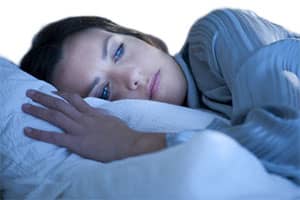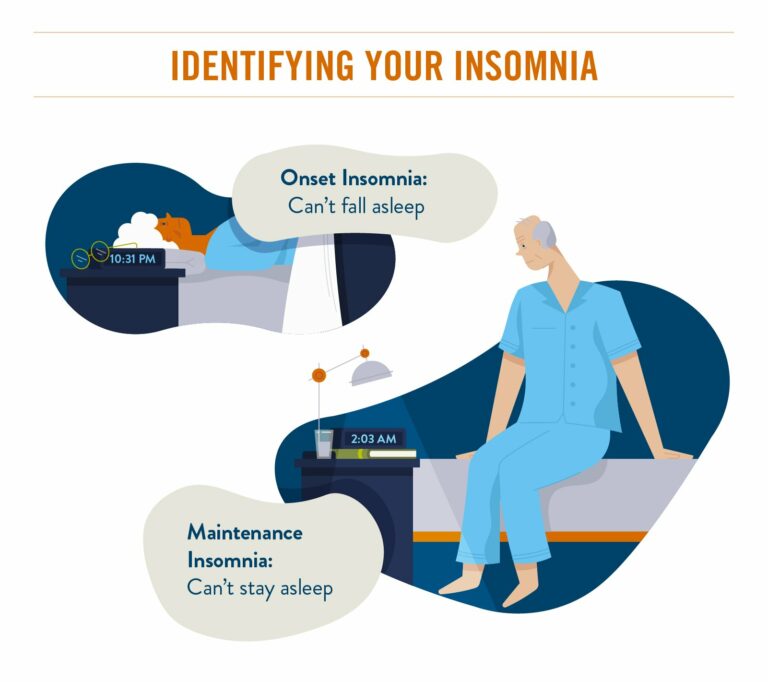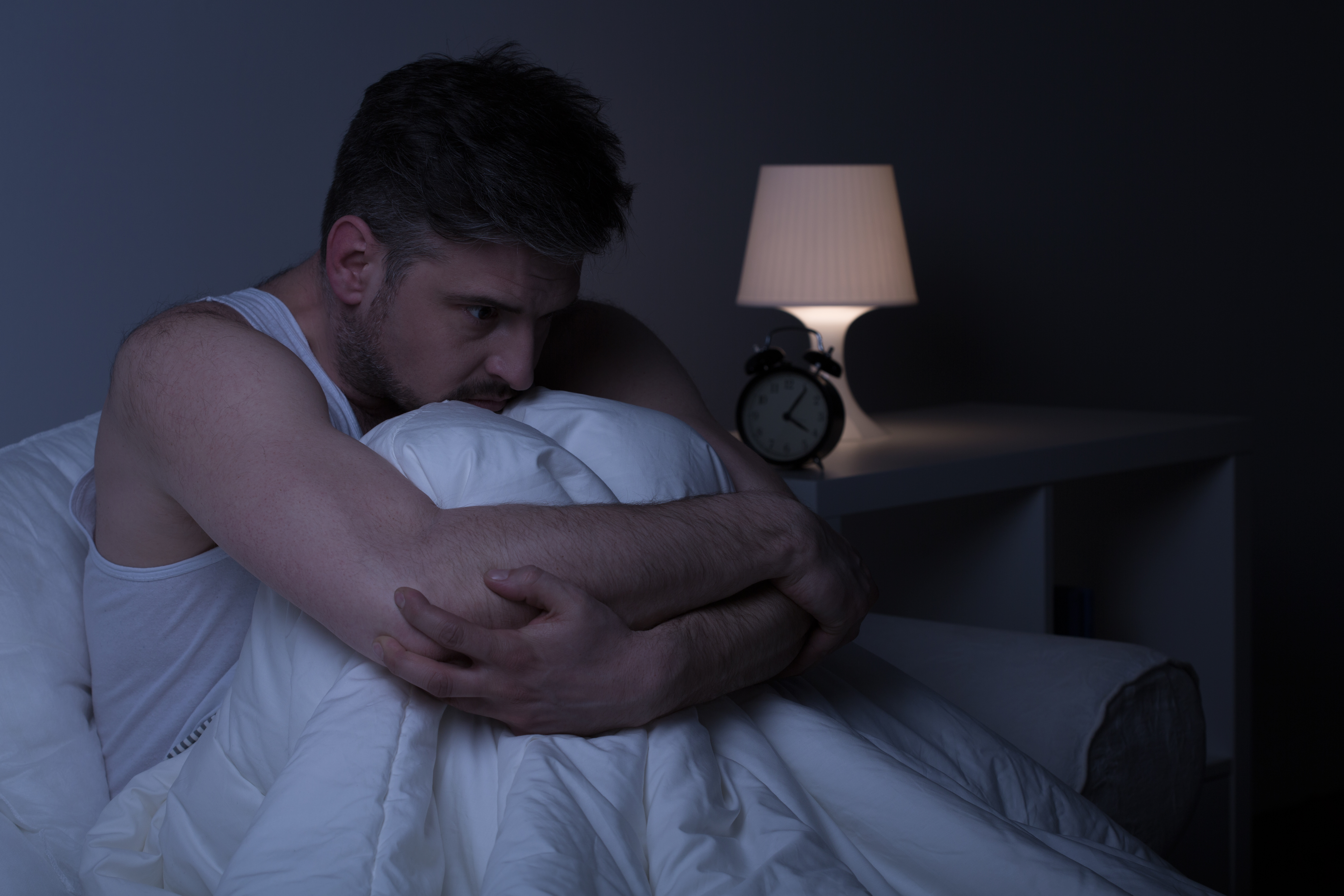
This guideline focuses on insomnias in headaches, neurodegenerative movement disorders, multiple sclerosis, traumatic brain injury, epilepsies, stroke, neuromuscular disease and dementia. pain, depression, anxiety) and some disease-specific pharmaceuticals may cause insomnia and/or other sleep problems. Symptoms of neurological disorders (i.e motor deficits), co-morbidities (i.e. Comorbid insomnia originates from neurodegenerative, inflammatory, traumatic or ischemic changes in sleep regulating brainstem and hypothalamic nuclei with consecutive changes of neurotransmitters. These components of insomnia – namely persistent sleep difficulties despite of adequate sleep opportunity resulting in daytime dysfunction - appear secondary or co-morbid to neurological diseases. Medications may be used when the physician feels it is appropriate.Ĭontact the sleep center at 31 for more information on evaluation and testing for insomnia.Insomnia is defined as difficulties of initiating and maintaining sleep, early awakening and poor subjective sleep quality despite adequate opportunity and circumstances for sleep with impairment of daytime performance. In primary insomnia, treatment plans are individualized by the physician and may include referral to our behavioral therapist to discuss sleep hygiene, and often other behavioral methods such as progressive muscle relaxation. In secondary insomnia, treatment of the underlying sleep disorder or medical condition is essential. Treatments for insomnia can vary depending upon the underlying cause. Once the testing results are available, a treatment plan will be formulated.

These tests may include polysomnography, actigraphy or psychological testing. In other cases, the physician may feel further testing is appropriate. Often the cause is clear from history, and treatment will be initiated without further testing. The history and physical examination performed at the initial office visit are the most important step in accurately diagnosing insomnia. Many prescription or over the counter medications can also interfere with sleep. These health problems may include sleep disorders such as obstructive sleep apnea syndrome or restless legs syndrome, or other medical conditions such as depression, asthma, heartburn, cancer, and arthritis. In secondary insomnia, an underlying health problem causes the person’s inability to sleep. In primary insomnia, the difficulty in sleeping is independent of other medical problems. DiagnosisĪ sleep specialist can determine whether an individual suffers from primary insomnia or secondary insomnia. A person with insomnia may also have an underlying sleep disorder such as sleep apnea, narcolepsy, and restless legs syndrome. Common causes of chronic insomnia include depression, chronic stress, and pain or discomfort at night. Although it can be caused by many things, it most often occurs with other health problems. Having insomnia for three nights a week for a month or longer is considered to be long-term or chronic insomnia. Short-term insomnia can be caused by significant life stress, illness and environmental factors such as noise or light, or shift work changes. The symptoms can also be intermittent, or come and go, resulting in periods of time where there is no problem with sleeping.


Short-term or acute insomnia can disrupt sleep patterns from a single night to several weeks. Insomnia can vary in how long it lasts and how often it occurs. Occasionally, people do well with less sleep, while others require more. The average person requires at least seven to eight hours of sleep a night. The amount of sleep an individual needs may vary, but the amount obtained should be enough to feel fully refreshed upon awakening. Insomnia is not defined by the number of hours someone sleeps each night.

#CHRONIC SLEEP INSOMNIA FULL#
SymptomsĬharacterized by difficulty in falling asleep, staying asleep or feeling less than refreshed after a full night’s sleep, insomnia is associated with the waking conditions of fatigue, irritability and problems in concentration. Insomnia tends to increase with age and affects about 40 percent of women and 30 percent of men. Insomnia is the most common sleep disorder.Įach year nearly 60 million Americans suffer fro m insomnia, which can lead to serious sleep deficits and problems.


 0 kommentar(er)
0 kommentar(er)
